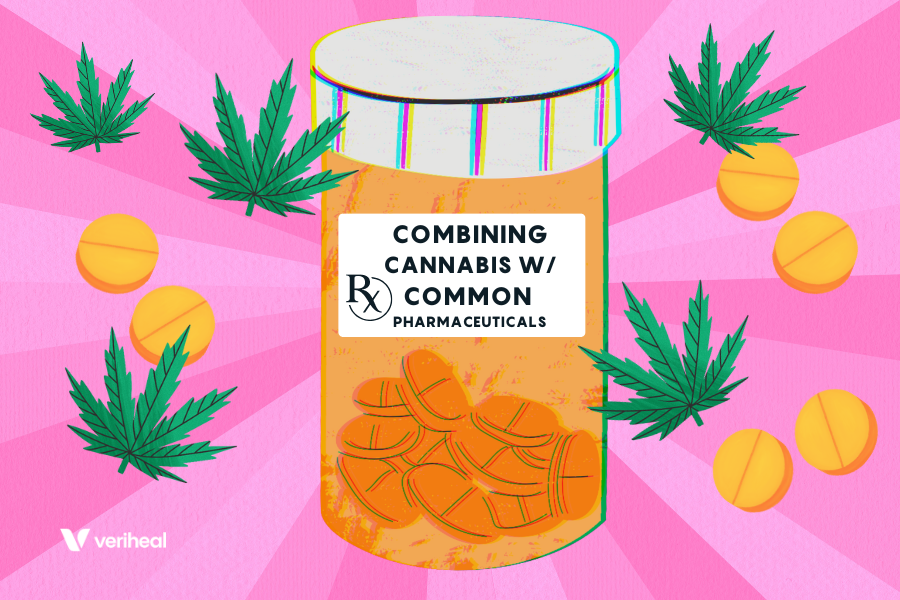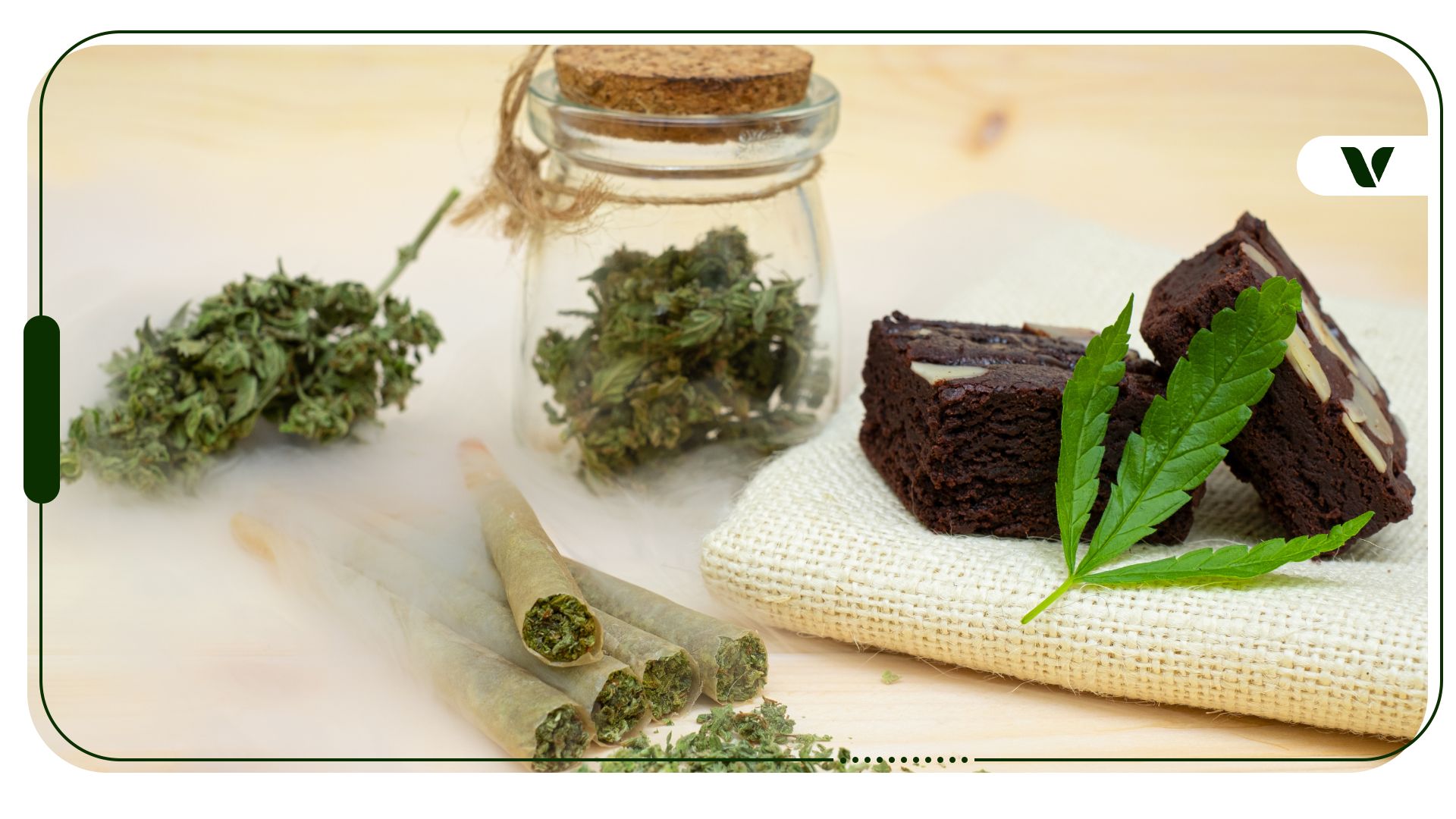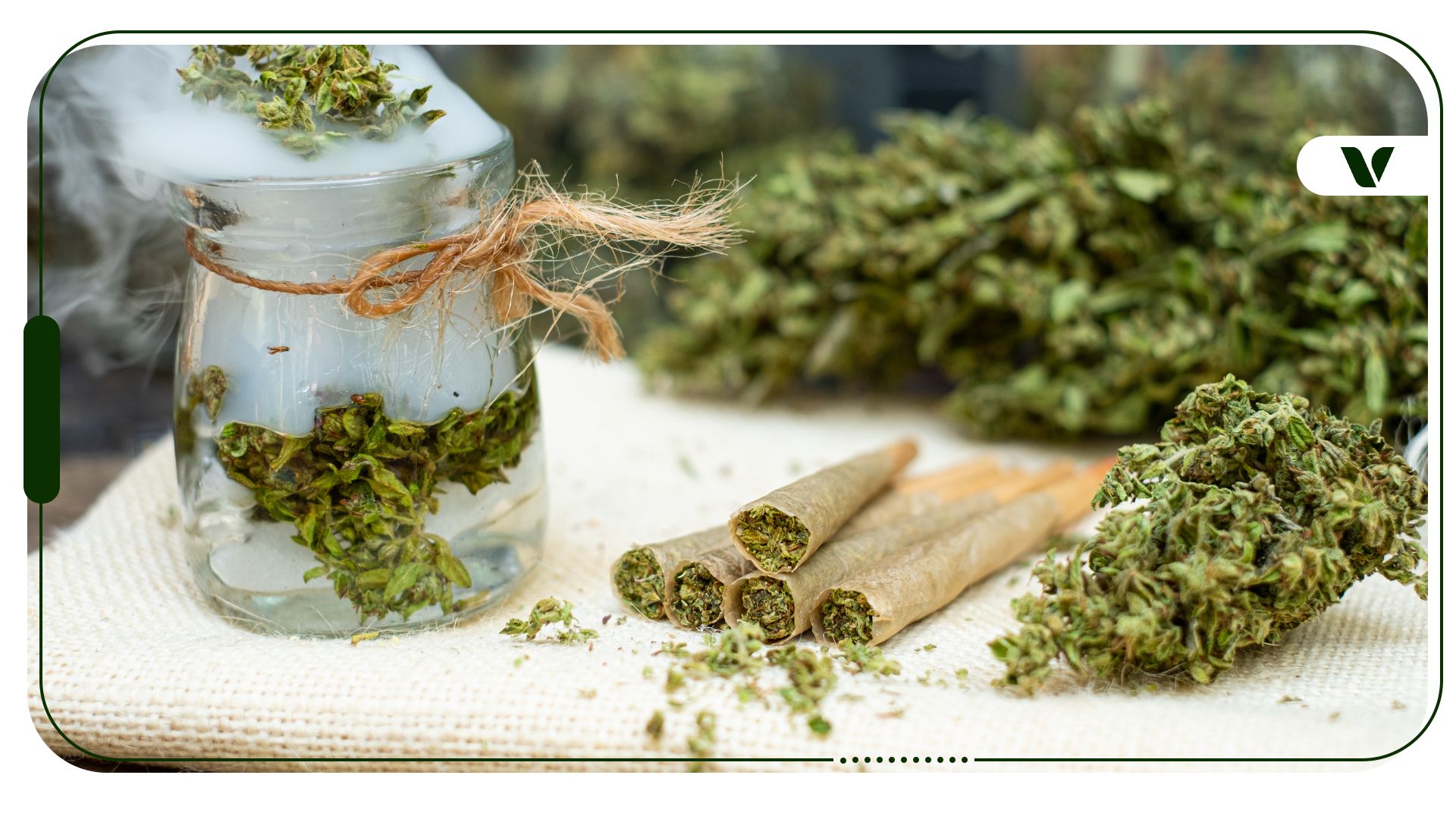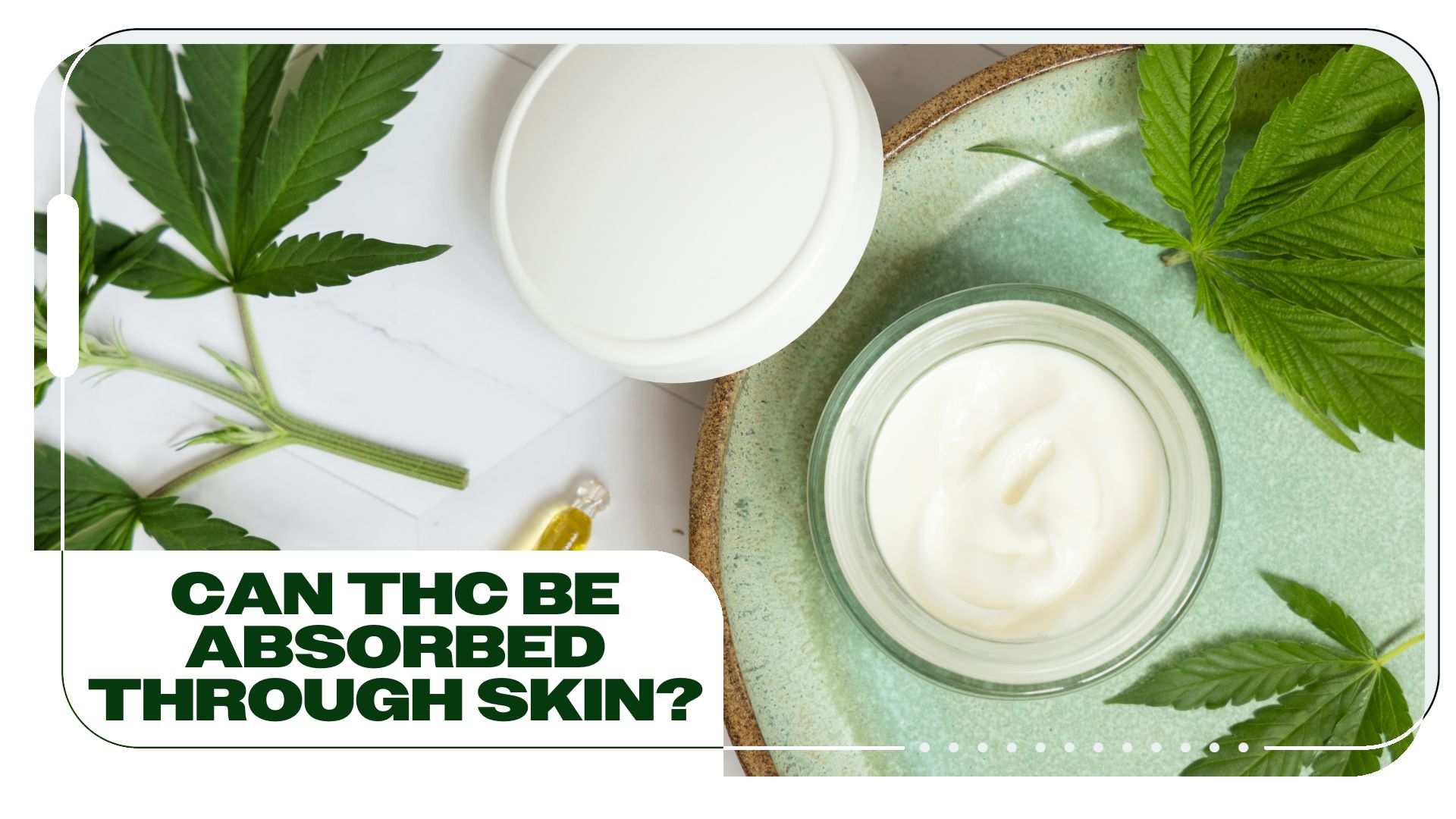In today’s increasingly health-conscious world, it is necessary to consider the interactions between various substances we ingest, whether for recreation or medicinal purposes. One such intersection that has garnered significant attention is the combination of cannabis and common pharmaceuticals.
As cannabis use continues to grow, driven by a wave of legalization and a broader societal acceptance, it’s crucial that consumers understand its interactions with the medications many use daily.
This article aims to shed light on the potential effects, both beneficial and adverse, of mixing cannabis with popular pharmaceuticals such as Tylenol, Benadryl, antibiotics, and more.
Guide to Combining Cannabis with Common Pharmaceuticals
Tylenol and Weed
Tylenol, known by its generic name acetaminophen, is a popular over-the-counter medication widely used for its analgesic and antipyretic effects – in simpler terms, it’s used to relieve pain and reduce fever. It’s a common go-to remedy for conditions ranging from headaches to cold and flu symptoms.
As the use of cannabis becomes more prevalent, it’s essential to understand what happens when you mix tylenol and weed. Some research suggests that combining Tylenol and cannabis can potentially enhance pain-relieving effects due to the synergy of their analgesic properties.
However, it is important to exercise caution. An overdose of acetaminophen is a common cause of acute liver failure. Add in the frequent consumption of cannabis, and there may be an increased risk of adding extra stress to this vital organ.
Benadryl and Weed
Benadryl, also known by its generic name diphenhydramine, is a well-known antihistamine often used to relieve symptoms of allergies, hay fever, and the common cold. It’s a frequent choice for its effectiveness in combating:
- Sneezing
- Runny nose
- Watery eyes
- Hives
- Skin rash
- Itching
However, before mixing benadryl and weed, it’s essential to understand the potential effects of combining the two. Both substances are known for their sedative properties, and when combined, they can amplify each other’s effects, potentially leading to excessive drowsiness or lethargy depending on the strain and potency of the cannabis. This could pose risks such as impaired motor skills or slowed reaction time.
On the other hand, some users report enhanced relaxation and relief from insomnia when combining these substances. It’s crucial to note that these effects can vary significantly among individuals due to factors like dosage, tolerance, and personal physiology.
Weed and Antibiotics
We often encounter antibiotics, a class of medications that are pillars of modern medicine. They are specifically designed to counter bacterial infections, providing our bodies with an essential defense against these microscopic invaders. In fact, there is some evidence that cannabinoids can act as antimicrobial agents.
Why You Should Get Your Medical Marijuana Card
Veriheal has satisfied millions of patients nationwide by giving them access to these benefits
- Larger purchase limits
- Peace of mind
- Enhanced legal protection
- Access to higher potency strains
- Save up to 25% on cannabis purchases
- Skip the line at the dispensary
There isn’t extensive research available on the combination of antibiotics and cannabis, but some evidence suggests potential risks. For example, cannabis has been shown to have immunomodulatory effects, which could potentially interfere with the immune response during infection, possibly impacting the effectiveness of antibiotics.
In addition, like many other substances, both antibiotics and cannabis are metabolized in the liver, and combining them may place an additional load on this organ, potentially leading to liver damage in certain segments of the population.
Other Common Pharmaceuticals and Their Interaction With Cannabis
It’s also essential to consider the interaction of cannabis with other commonly used over-the-counter and prescription drugs, such as aspirin, antacids, and antidepressants.
- Aspirin, a common anti-inflammatory, and blood thinner, when combined with cannabis at high doses, may potentially enhance the blood-thinning effect, which could increase the risk of bleeding.
- Antacids can affect the absorption of cannabinoids, possibly altering the effects of cannabis.
- Antidepressants combined with cannabis may cause mood, cognition, and psychomotor performance changes.
While there may be potential benefits such as enhanced pain relief, relaxation, or mood improvement, for some people, these interactions may also lead to various risks like increased drowsiness.
Is It Safe to Use Cannabis When Taking Albuterol or Other Asthma Medications?
Albuterol is a bronchodilator commonly used in the management of asthma. It works by relaxing and opening the air passages to the lungs, thus improving breathing when asthma causes the airways to constrict.
When smoked in small amounts, cannabis may cause bronchodilation, similar to albuterol, potentially enhancing the medication’s effects. However, smoking cannabis can also irritate the lungs and may increase the risk of asthma exacerbations, rendering the treatment less effective for some patients.
For those who choose to use cannabis edibles or oils, the impact on respiratory health is insignificant. However, it can still interact with the medication’s metabolic process. This could potentially alter the effectiveness of the medication or increase side effects. Additionally, the potential immunosuppressive properties of cannabis could impact the overall management of asthma, a condition often characterized by an overactive immune response.
Key Takeaway
As explained in this article, understanding the interactions between cannabis and various pharmaceuticals is of vital importance for health and well-being. Mixing these medications with cannabis may produce a variety of effects. Some individuals may experience benefits like enhanced pain relief or relaxation, but there are also potential risks for a particular segment of the population.
Always consult a healthcare professional before mixing cannabis with any medication. This guidance is intended to emphasize the critical need for informed, safe decisions when it comes to health. Ultimately, navigating personal health journeys requires understanding the potential crossroads, and seeking professional advice may be the key to doing so effectively.
Note: The content on this page is for informational purposes only and is not intended to be professional medical advice. Do not attempt to self-diagnose or prescribe treatment based on the information provided. Always consult a physician before making any decision on the treatment of a medical condition.
Author, Share & Comments








